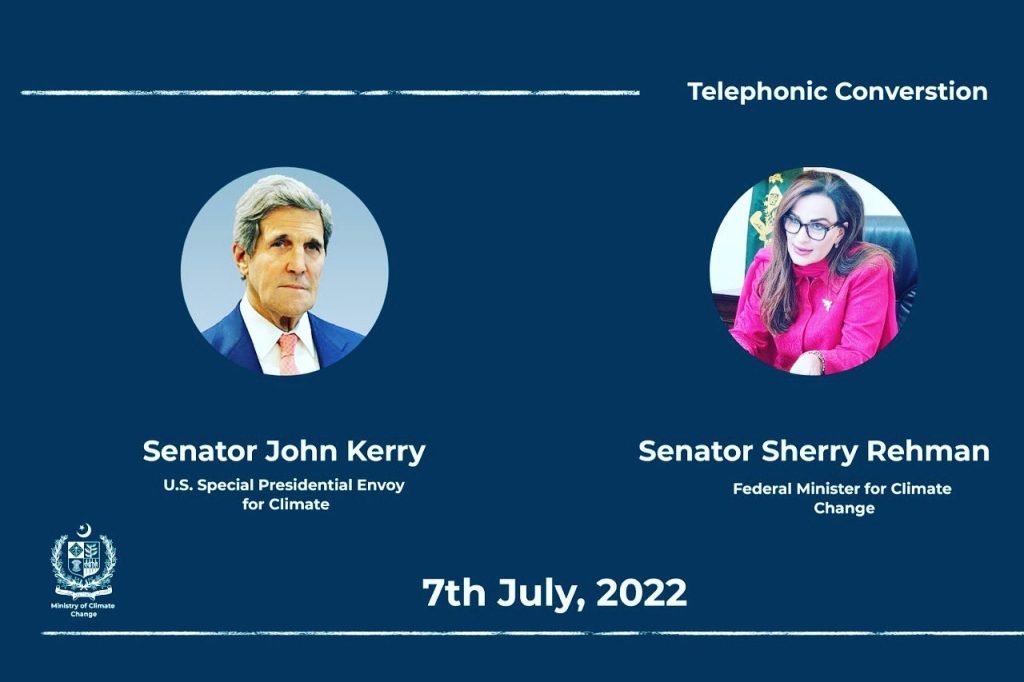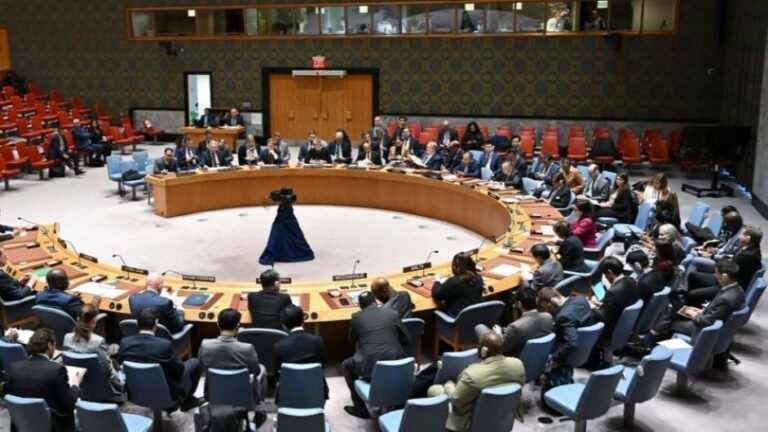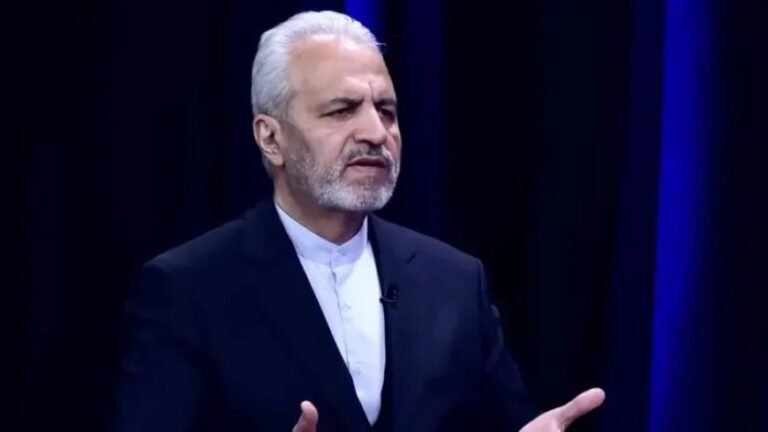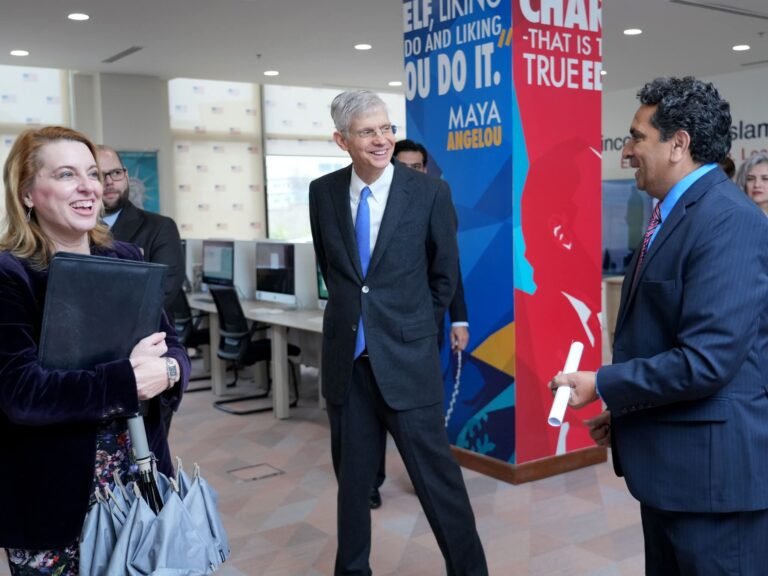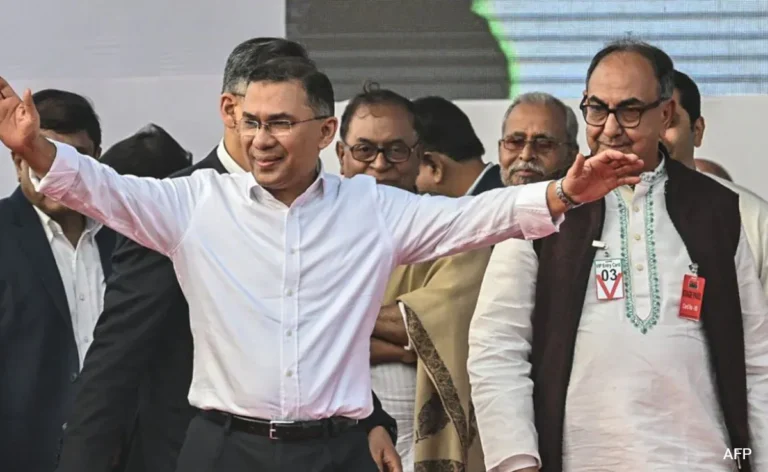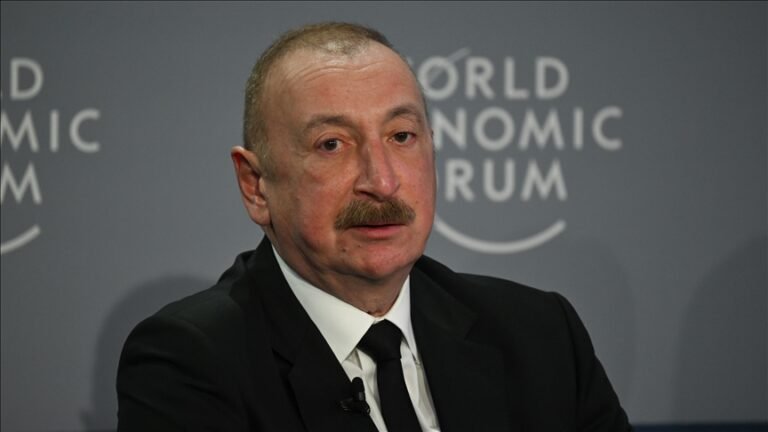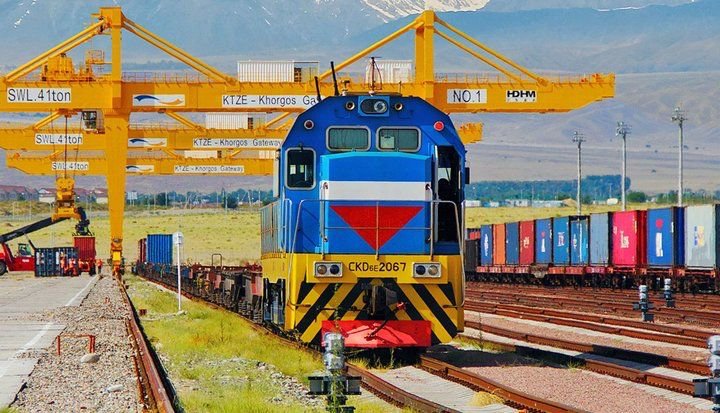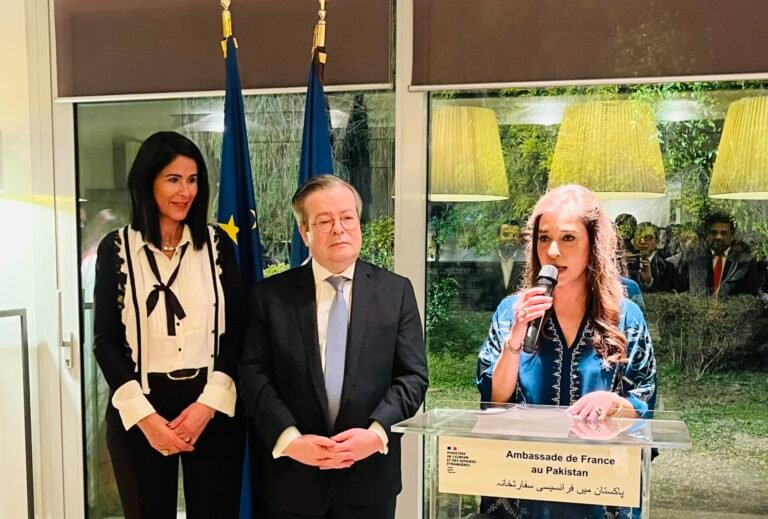Boston/Islamabad, 8 July 2022 (TDI): Pakistan’s Federal Minister for Climate Change, Sherry Rehman, had a telephonic conversation with the US Special Envoy for Climate, John Kerry.
The two discussed Pakistan’s requirement for immediate international interventions to mitigate the climate change crisis coupled with acute water scarcity by 2025.
Pakistan is paying the highest cost of global warming at 9.1% of its GDP. The minister stressed that this is the most increased cost faced by any country in the region.
Good talking on a productive call with US Special Envoy on Climate, Senator @JohnKerry on renewing climate cooperation between Pakistan and the United States. Look forward to working with him and his team on joint challenges, both bilaterally and at global forums. pic.twitter.com/2c546Waer1
— SenatorSherryRehman (@sherryrehman) July 7, 2022
The discussion focused on Pakistan’s vulnerability to climate change impacts. The minister briefed Kerry about the hazardous effects of climate change in the country and its socio-economic implications.
Meanwhile, the Special Presidential envoy congratulated the minister on assuming her office. He also accentuated the need and urgency to take collaborative measures to tackle climate change issues.
Pakistan’s vulnerability to climate change impacts
During the conversation, the minister underscored that Pakistan contributes less than one percent of the total Global Greenhouse Gases (GHGs) yet is now the ground zero for a global climate catastrophe.

Pakistan is struggling with unprecedented and extreme weather anomalies. Moreover, the country is lurching from heat waves, drought and flooding spills, and critical glacier retreats. In addition, she said that climate change is an existential threat to Pakistan as the country is constantly placed among the top ten most vulnerable countries.
Need for technical and financial assistance
While focusing on Pakistan’s Nationally Determined Contributions (NDCs), the minister said that the current global energy crisis, disruption of supply chains, and post-pandemic effects are serving as invisible costs.
She also emphasized the need for technical and financial assistance from leading international economics during times of crisis.

